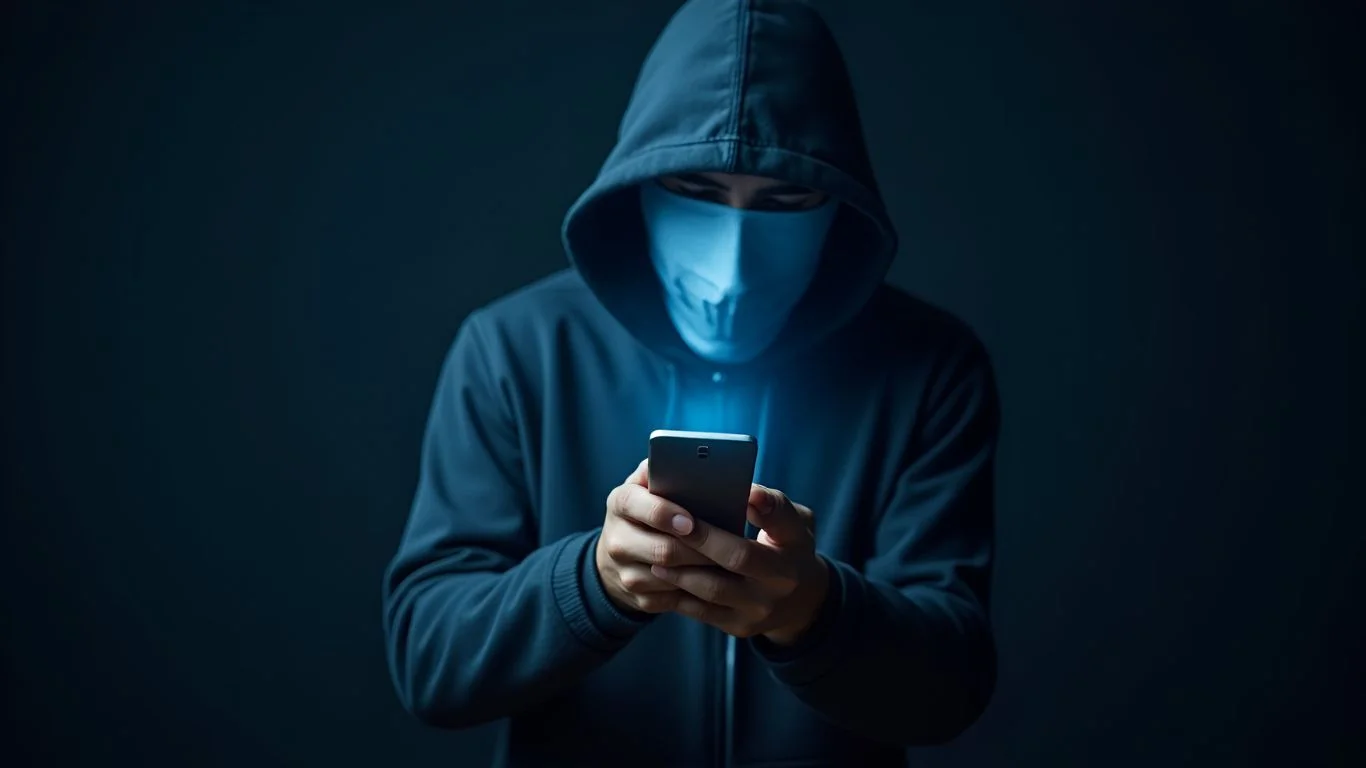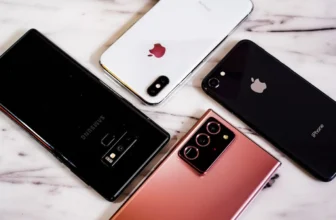
Smartphones have become an integral part of our daily lives, offering convenience, connectivity, and access to personal information. However, with this increased use comes the risk of cyberattacks and hacking. Hackers are constantly seeking ways to exploit vulnerabilities in mobile devices for personal gain, whether it’s stealing sensitive data, accessing accounts, or infecting your phone with malicious software. In this article, we’ll discuss practical steps you can take to secure your smartphone from hackers and protect your privacy.
Use Strong Passwords and Biometric Authentication
One of the easiest ways for hackers to access your phone is by guessing or cracking your password. To make it harder for hackers to break into your device, always use a strong password. Avoid using easily guessable information like your birthdate or pet’s name. Instead, use a combination of upper and lowercase letters, numbers, and special characters. Additionally, enable biometric authentication methods such as fingerprint recognition or facial recognition for an extra layer of security.
Pro Tip: Avoid using the same password for multiple accounts, as this increases the risk if one of your accounts gets hacked.
Keep Your Operating System and Apps Updated
Smartphone manufacturers release regular updates to address security vulnerabilities and improve device functionality. Ensure your phone is set to automatically install these updates as soon as they are released. Keeping your operating system and apps updated is one of the most effective ways to stay protected from the latest threats.
Why It Matters: Hackers often exploit outdated software to gain access to your device. By keeping your phone updated, you reduce the likelihood of falling victim to these attacks.
Install Apps Only from Trusted Sources
The Google Play Store and Apple’s App Store are the two main sources for downloading apps, but even these platforms are not immune to malware. Be cautious of apps that have a low number of downloads or poor reviews. Always read the permissions requested by an app before installing it, and avoid downloading apps that request unnecessary access to your data, such as your camera, contacts, or location.
Tip: If you need to download an app outside of official stores, make sure to enable security settings that allow you to verify the app’s safety before installation.
Use Two-Factor Authentication (2FA)
Two-factor authentication (2FA) adds an extra layer of protection to your accounts by requiring both your password and a second form of verification (e.g., a one-time code sent to your phone) to log in. Enabling 2FA on important accounts such as email, banking, and social media significantly reduces the chances of unauthorized access, even if your password is compromised.
Why It’s Important: 2FA makes it much harder for hackers to gain access to your accounts since they would need both your password and the one-time code, which is often sent to your phone or email.
Avoid Public Wi-Fi for Sensitive Activities
Public Wi-Fi networks are a hacker’s playground. Hackers can intercept and monitor your activity on these networks, potentially stealing your data. If you must use public Wi-Fi, avoid accessing sensitive information such as banking apps or entering passwords. Instead, use a virtual private network (VPN) to encrypt your connection and protect your privacy.
Tip: Turn off your Wi-Fi and Bluetooth when not in use to prevent unauthorized devices from connecting to your phone.
Be Wary of Phishing Attempts
Phishing is a common method hackers use to gain access to your information. It involves tricking you into clicking on malicious links or giving away personal details through deceptive emails, text messages, or websites. Always verify the sender’s information before responding to suspicious messages. Avoid clicking on links or downloading attachments from unfamiliar sources.
How to Protect Yourself: If you receive an unexpected message asking for sensitive information, don’t respond directly. Instead, contact the company or person through official channels to verify the request.
Install Antivirus and Anti-Malware Apps
Just like your computer, your smartphone can also fall victim to viruses and malware. Installing a reputable antivirus and anti-malware app can help detect and eliminate threats before they cause damage. These apps can scan your device for harmful files, monitor real-time activity, and provide alerts if any suspicious behavior is detected.
Recommended Apps: Look for trusted antivirus apps with high ratings and positive reviews from reputable sources.
Encrypt Your Smartphone’s Data
Encryption ensures that the data on your device is unreadable to anyone who doesn’t have the decryption key, making it far more difficult for hackers to access your sensitive information. Most modern smartphones come with built-in encryption features. Ensure that these settings are enabled to protect your personal data.
Why It’s Important: If your phone is lost or stolen, encryption ensures that your data is not easily accessed by unauthorized individuals.
Checkout: How to Prevent Overheating in Your Smartphone
Use a Secure Lock Screen
A secure lock screen is one of the first defenses against unauthorized access to your smartphone. Make sure your phone is set to lock automatically after a few minutes of inactivity. Use a combination of a strong password, PIN, or biometric security to lock your device.
Pro Tip: Set up a backup PIN or password in case your fingerprint or facial recognition fails to work.
More About: How to Properly Charge Your Phone Battery
Monitor App Permissions
Regularly review the permissions granted to each app on your device. Some apps may request unnecessary access to your camera, microphone, location, or contacts. If you don’t see a legitimate reason for an app to have access to certain data, disable those permissions. This limits the amount of sensitive information that apps can collect.
How to Manage Permissions: Go to your phone’s settings and review each app’s permissions. Disable any unnecessary permissions for better privacy.
Read More: What to Do If Your Touchscreen Stops Working
Conclusion
Securing your smartphone from hackers requires a combination of vigilance, good security practices, and the right tools. By using strong passwords, enabling two-factor authentication, updating your software, and practicing safe habits, you can significantly reduce your risk of falling victim to cyberattacks. As smartphones continue to play a central role in our digital lives, it’s more important than ever to prioritize their security.
By staying informed and taking action, you can ensure that your smartphone remains a secure and trusted device.
5 FAQs about Securing Your Smartphone from Hackers
Use strong passwords, enable biometric authentication, install security updates, and use antivirus software for protection.
Public Wi-Fi can be risky. Avoid accessing sensitive data, or use a VPN to secure your connection.
2FA adds an extra layer of security by requiring a second form of identification, such as a code sent to your phone, along with your password.
Unusual behavior, such as slow performance, unfamiliar apps, or strange messages, may indicate hacking. Run a security scan to check.
No, using a password or biometric security (fingerprint or face recognition) is essential for protecting your device from unauthorized access.





